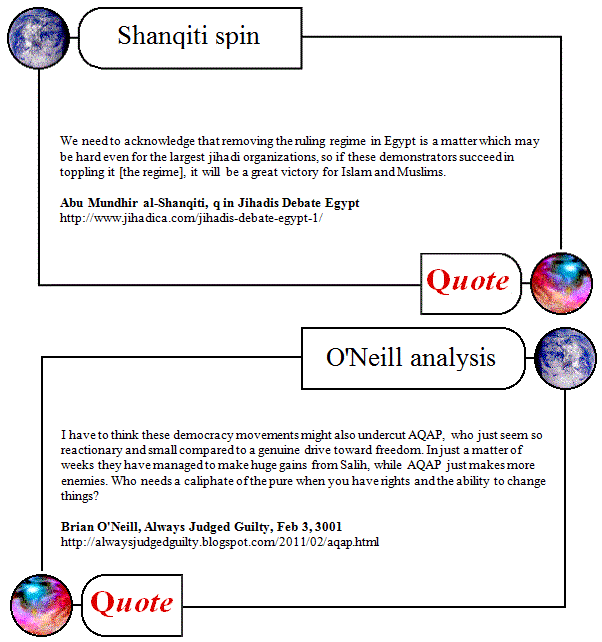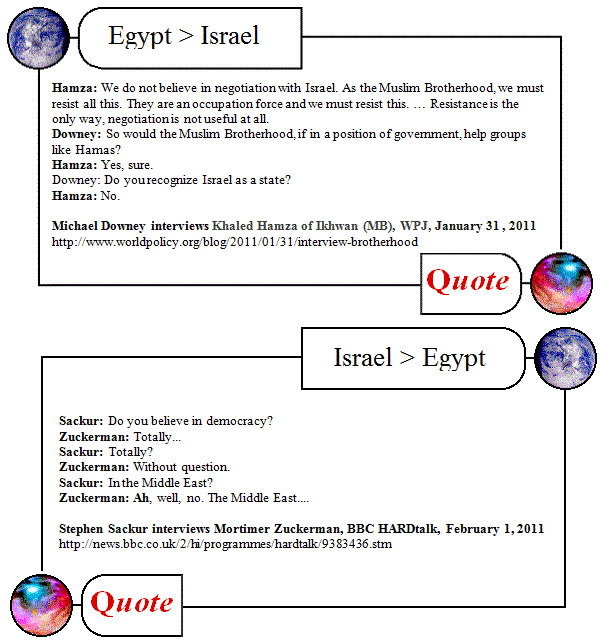As for me, I prefer to live (as best i can) by the Beatitudes, and under the US Constitution and Bill of Rights.
Rhetoric
Weaponizing the Poor
Over at RightNetwork, Thomas Sowell, with laser-like precision, cuts contemporary leftist intellectuals apart piece by piece. Every paragraph of the article could stand alone as a gem of accurate and devastating critique of the destructive acts of leftist intellectuals.
I wish I could write with such concise precision. I am going to bookmark the page and simply copy and past paragraphs into discussions as needed. Read the Whole Thing.
Three paragraphs in particular caught my attention.
Intellectuals encourage people who contribute nothing to the world to complain and even organize protests, because others are not doing enough for them.
…snip…
They have put the people whose work creates the goods and services that sustain a rising standard of living on the same plane as people who refuse to work, but who are depicted as nevertheless entitled to their “fair share” of what others have created this entitlement being regardless of whether they observe even common decency on the streets or in the parks.
…snip…
They have encouraged the poor to believe that their poverty is caused by the rich a message that may be a passing annoyance to the rich but a lasting handicap to the poor, who may see less need to make fundamental changes in their own lives that could lift themselves up, instead of focusing their efforts on tearing others down.
For nearly 300 years, leftists and their ideological predecessors have been urging the “poor”* to rise up and take from the “rich”. The intellectual justifications for why the poor have a moral and practical right to rise up continuously shift while the practical outcome of who actually ends up with the most benefit remains a constant. Clearly, the constant drives the creation of the justifications and not the other way around.
The constant is clear: manipulative intellectuals, i.e., people whose primary skills lie in manipulating the thoughts and emotions of others via persuasive communication, always end up on top of the new social and political order when the “poor” rise up.
Robespierre used a justification very different in detail than those used by Lenin, yet both were manipulative intellectuals and both ended up on top, however briefly, of their respective revolutions. We can see the same pattern today, even in America. No matter what the subject at hand — the economy, foreign policy, the environment, etc. — the leftwing manipulative intellectuals always argue for a solution which leaves them with more power, influence and status. Others may or not benefit from any particular solution proposed by the Left but the manipulative intellectuals always benefit. Any solution that might benefit the poor but which does not directly benefit manipulative intellectuals — e.g., school choice — gets shot down.
When leftist intellectuals argue that the poor should “rise up” in any manner, they just seek to exploit the travails of the poor for their own selfish benefit. The intellectuals take the anger and resentment of the poor, justified or not, and shape those emotions into a political tool to drive a change which will first and foremost benefit the leftist manipulative intellectuals.
In short, manipulative intellectuals seek to weaponize the poor.
Egypt: the jihad’s receding tide?
Here’s the evidence I’m seeing for one hopeful outcome…
From an Egyptian FaceBook page:
I will NOT accept that religious groups hijack what we have been doing for their own agenda. A large group of the ones organizing them yesterday were people in galabeyas and long beards shouting “Al Jihad fe Sabeel Allah (Jihad in the name of Allah), you have to continue fighting, we will win this war, if you die here today, you will be a martyr and go straight to heaven, don’t stop, fight, fight, fight”. NO! This is NOT why we were in the streets on Friday being tear gassed and dodging rubber bullets and it is not why we have been going to Tahrir everyday to be heard. The reason why this revolt went through and became successful was because it was not religiously or politically charged.
quoted on the The International Centre For The Study Of Radicalisation blog ICSR is a joint venture between King’s College London, the University of Pennsylvania, Israel’s Interdisciplinary Center, Herzliya, and the Jordan Institute of Diplomacy.
*
This DoubleQuote first presents a jihadist spin on things, from a legal team member at Minbar al-Tawhid wa’l-Jihad, in Quote #1:
Below that, and lending it both context and irony, is a comment from one of our best analysts of the situation in the Yemen, a former editor for the Yemen Observer.
*
John Robb gives the same general message a little strategic push…
What’s the best way to defuse Islamic radicalism across the ME and beyond? Help make the protest in Egypt work.
Clear Sighted Cuts
BUDGET CUTS THAT BARELY SCRATCH THE SURFACE are not “Draconian.” Did Draco even cut budgets? I think his interest lay elsewhere. And do the people calling these cuts “Draconian” have any idea who he was?
Etymology is a hobby of mine but I realized I didn’t know the derivation of “Draconian.” That hole in my knowledge was easily corrected by the Online Etymology Dictionary which says that “Draconian” derives from:
1876 (earlier Draconic, implied from 1640s), from Draco, Greek statesman who laid down a code of laws for Athens 621 B.C.E. that mandated death as punishment for minor crimes. His name seems to mean lit. “sharp-sighted” (see dragon)
… and “dragon” itself derives from:
early 13c., from O.Fr. dragon, from L. draconem (nom. draco) “huge serpent, dragon,” from Gk. drakon (gen. drakontos) “serpent, giant seafish,” apparently from drak-, strong aorist stem of derkesthai “to see clearly,” from PIE *derk- “to see.” Perhaps the lit. sense is “the one with the (deadly) glance.” The young are dragonets (14c.). Obsolete drake “dragon” is an older borrowing of the same word. Used in the Bible to translate Heb. tannin “a great sea-monster,” and tan, a desert mammal now believed to be the jackal.
… so, “draconian” spending cuts are “clear sighted” cuts.
Sounds good to me. Who would have guessed the Democrats thought so highly of the wisdom of cutting government spending? I guess the Democrats’ ever-so-superior intellects led them to use a classical allusion that confused us lesser mortals.
DQ Egypt: impact on Israel
Someone posted a slightly longer version of the interview with Khaled Hamza, the webmaster of the Muslim Brotherhood, as a comment on an earlier post of mine here on ChicagoBoyz, and it was removed by admin since it had no direct connection to the post in question but I was interested enough to track the original interview down, and have presented the key points of the excerpt here in Quote #1.
I am pairing it, in Quote #2, with an excerpt from an interview the BBC recently conducted with Mortimer Zuckerman because I find the two quotes taken together suggest something of the complexity of the breaking situation in the Middle East.
*
I’d like to float a trial balloon / try a though experiment, if I might. And since I’m more “tail” than “left” or “right wing”, I’ll be posting this in more than one place, and hope to get comments from all sides…
On the face of it, Zuckeman is applying what’s arguably a racist double-standard. He advocates democracy, “totally” and “without question” but not for the Egyptians, or at least not today or tomorrow.
On the face of it, the Egyptian public seems distinctly unenthused by Mubarak’s regime and will, in a democratic election, presumably vote in a fair number of Muslim Brotherhood representatives though it’s by no means clear that they would be in the majority, and their present ideology in any case is closer to the processes of electoral politics than those of violent jihad.
So there is reason for Israel to be concerned, and reason for those who support democracy to see some hope for democracy, in the ongoing events in Egypt.
Let me put it this way: Quote #1 illustrates why Zuckerman might make the remarks quoted in Quote #2, while Quote #2 illuminates why Hamza might make the remarks quoted in Quote #1.
*
And here’s the thought experiment — I’d like to come at this from a Maslovian angle.
I’d like to suggest that “democracy” is an ideal, or to get away from that word with its somewhat ambiguous political connotations, an activity of the “the better angels of our nature” and thus, from a Maslovian perspective, an aspect of a group or nation’s “self-actualization” level of interest, whereas “stability” would fall under “safety” or even “physiological”.
If that’s right, Zuckerman is at least arguably articulating a “stability first, eventual democracy would be ideal” position.
Does that “Maslovian” formulation throw any additional light on the situation?
*
The problem with the position I just described is nicely articulated by Mohammad Fadel at the very end of a Foreign Policy post, Can Black Swans lead to a sustainable Arab-Israeli peace? — and it’s only his conclusion I’m quoting here:
Tunisia and Egypt have demonstrated categorically that any peace which relies on the stability of police states is doomed from the outset.
If a butterfly flapping its wings in Brazil can in theory cause a tornado in Texas heaven alone knows what someone blinking in Cairo or Jerusalem or Washington can do.
Myself, I pray for empathy, which seems a reasonable request, I hope for wisdom, which seems a great deal more chancy — and I long for peace.
In the current environment of hatred and mistrust, that seems entirely beyond the capacity of anyone’s present thinking to achieve.



